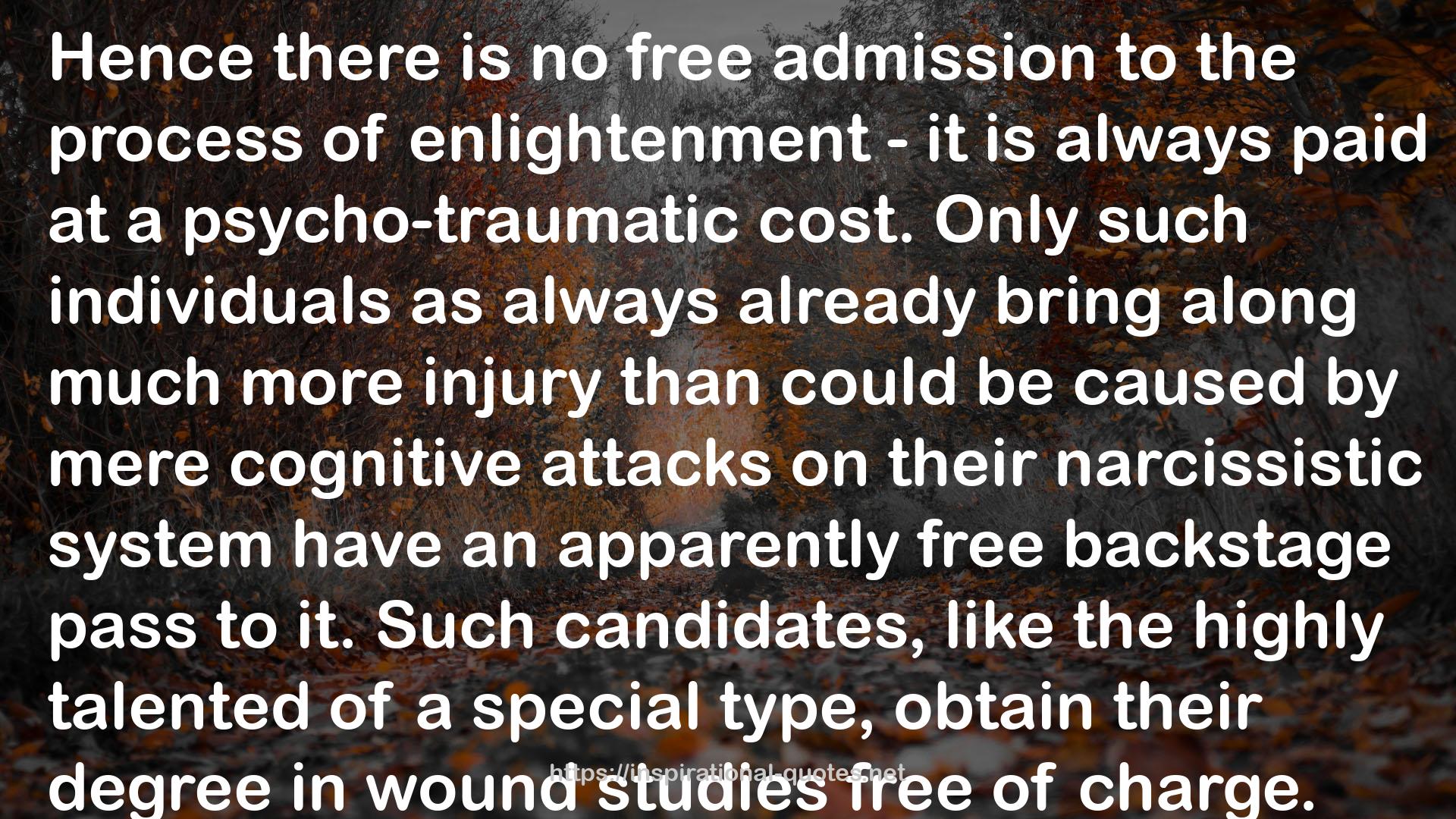Not Saved: Essays After Heidegger QUOTES
SOME WORKS
- Damascus Gate
- Outerbridge Reach
- Helping
- A Flag for Sunrise
- Bear and His Daughter
- The Salt Roads
- Falling in Love with Hominids
- So Long Been Dreaming: Postcolonial Science Fiction and Fantasy
- Lightspeed Magazine, June 2016: People of Colo(u)r Destroy Science Fiction! Special Issue (Lightspeed Magazine, Issue #73)
- The Black Hole of Auschwitz

